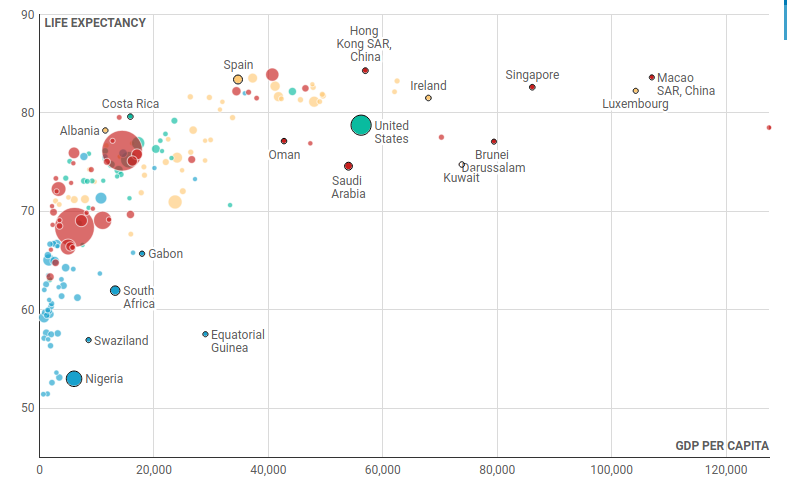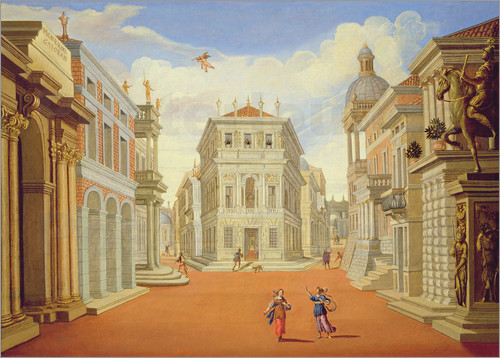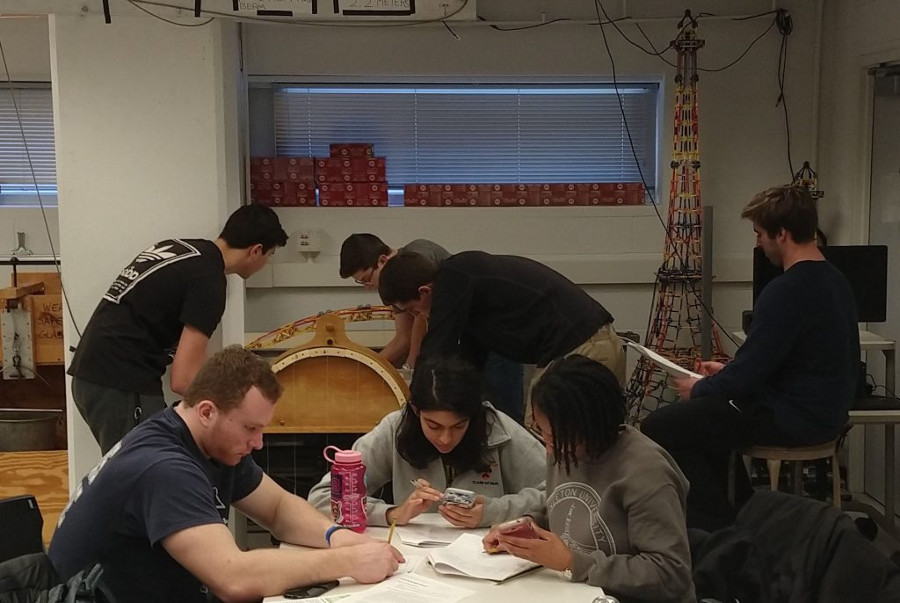After the COVID crisis, illness, contagion and healing became central figures of a new global reality. This course will provide a collective space for conversation and analysis in Spanish to help navigate the anxieties that the new virus brought to our lives and societies. We will discuss sickness, infection, immunity and epidemics from a historical, political and cultural perspective using media, literary texts and films.
Author: Ben Johnston (Page 2 of 10)
Ben Johnston is Senior Educational Technologist in the McGraw Center for Teaching and Learning, a unit of the Office of the Dean of the College, Princeton University.
What does it take to increase youth voting in 2020? Students will collaboratively design, implement, and evaluate concrete interventions to register and turn out young Americans. Interventions might provide information on how to vote, explain issues at stake, activate social relationships or identities, work with community groups, motivate by entertaining, or highlight how voting matters. Students will read existing studies, consider what is effective, apply it, and evaluate it. Most of the work is in small groups. Planning and implementation will be completed before Reading Period. This course is faculty guided but student led.
How can non-invasive helmet-based assisted breathing data be collected and used to assess the health of a patient? Tully will design new material and lab equipment for this seminar in computational physics to teach students how respiratory monitoring is used, how to build these systems with inexpensive, readily available components, and how to implement Python computing methods and network solutions to provide clinicians the tools they need to rapidly respond to the respiratory conditions of COVID-19 patients. This course will provide a platform for students to think about their role in a pandemic and how what they learn in class can empower them to action on behalf of those that need help in times of crisis.
Students in this course chart media and data as agents of social inequality and cultural ideology, and learn how people subvert them. We excavate the assumptions that frame representations of reality and difference in documentary film, track the global circulation of mass media, see indigenous filmmakers as cultural activists, and explore the datafication of organic life and analogue culture. To make the most of our online setting, we adopt tools of media-making and data visualization to probe our objects of study from the inside. From there, we learn to critique them as human constructions and to produce new counter narratives and images.
This blog supports the summer study abroad program in Spain.
A website supporting the student annotation of Spanish-language films.
The course blog for Religion 239, Sufism, hosted course materials, a reading schedule, student recitations, discussions, and annotations on images.
The course blog for Religion 333, Interpreting the Qur’an: Text, Context, and Materiality, hosted course materials, a reading schedule, student recitations, discussions, and annotations on images.
The website supporting Music 234, Music of the Baroque, houses student writings on a wide variety of topics related to music during the Baroque period, as well as student comments upon those writings.
One of the most classic courses at Princeton University, CEE262, Structures in the Urban Environment (known as “Bridges”) was founded by Professor David Billington (1927-2018) in 1974. The course argues that the best designed structures (bridges, buildings, and vaults) are a work of art – structural art – the art of the structural engineer. The course integrates humanities with engineering through studies of cultures, people, and art as reflected in works of structural engineering.










